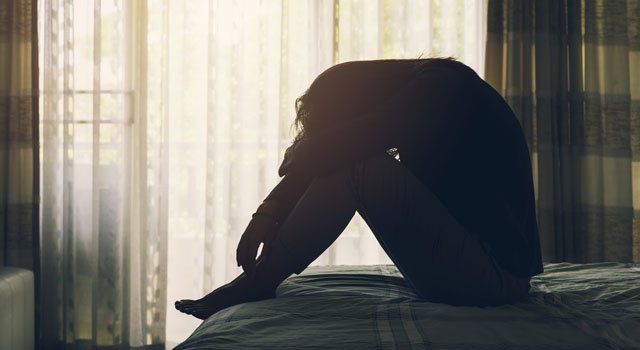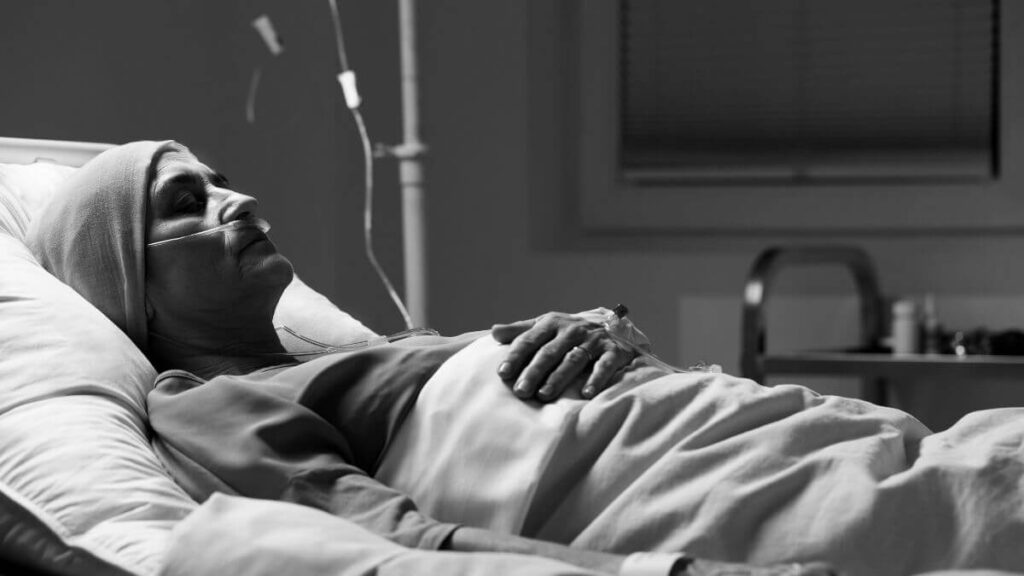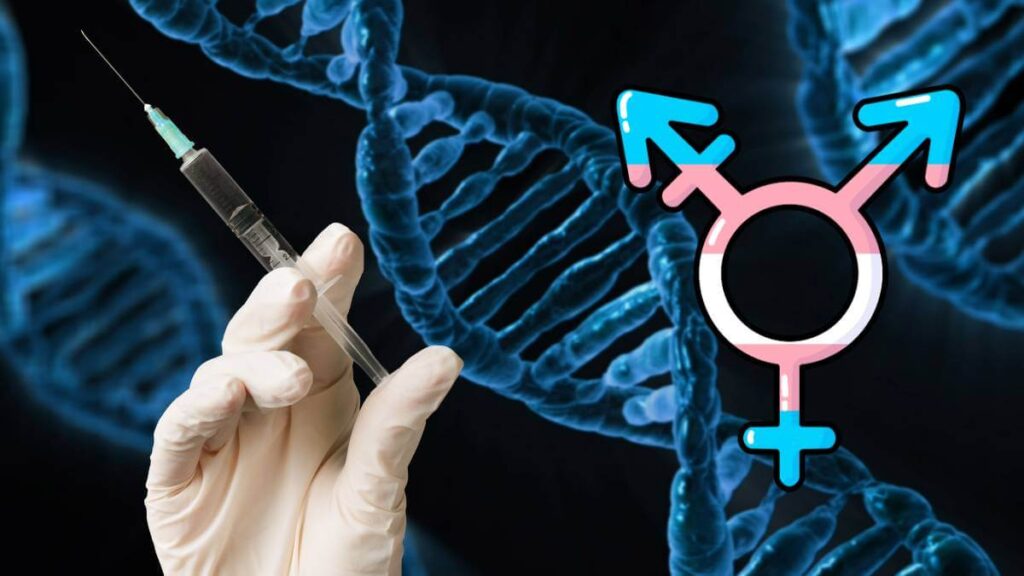Media Release 7 April 2020
Family First NZ says that under the abortion law changes rushed through just before the country went into lockdown, women will now be able to access dangerous DIY abortions at home, and possibly even school. There is nothing to stop abortion pills being couriered to the woman. It will also expose women to coercion, and place them at risk because of the removal of any direct medical supervision.
“The smokescreen of saying that this is necessary during the ‘lockdown’ is simply a wedge for the new normal. Medical abortions which take place before 20 weeks have no restrictions and no statutory criteria under the new extreme law,” says Bob McCoskrie, National Director of Family First NZ.
Previously, abortions could only be performed in licenced institutions. Under the new extreme law, the requirement that abortions take place in a licenced institution has been removed. Under the new policy, a single doctor is able to prescribe abortion pills over the phone or video (eg Facetime, Zoom or Skype) and then women will perform their own abortion at home by taking both abortion pills, meaning they will be left to pass their unborn child at home without direct medical supervision.
In practice, it would be possible that abortions could be available in thousands of locations in communities across New Zealand including sexual health clinics, GPs’ surgeries, school nurse clinics, university health clinics, and possibly even mobile abortion clinics.
“When self-administering pills are delivered to the home by a courier company, there is no control over who takes the pills, when the pills are taken, whether the pills are taken, if the woman or girl is vulnerable or in an abusive or coercive relationship, and if another competent adult is present,” says Mr McCoskrie.
“All of this will place women at risk. The removal of any direct medical supervision overseeing the use of both abortion pills could see a rise of complications experienced by women, with possibly no-one present to assist her in a medical emergency.”
“It would be easier for third parties to obtain abortion pills and slip them into a woman’s food without her knowledge. It also poses a threat to vulnerable girls who are at risk from sex-trafficking or child-sex abuse, as the ‘home’ abortion could be used by their abusers as a means to more easily cover up trafficking or abuse scandals.”
“Parents should also be concerned that abortions could potentially happen at schools.”
The UK’s Department of Health recently said that there were significant safety and safeguarding issues for women and young girls with a similar proposal.
“By enabling women and girls to have abortions at home, school or other locations, the politicians who supported this radical law change have put the health and safety of women at risk. That is not ‘healthcare’.”
ENDS
The largest and most accurate study of medical abortions, a Finnish study of 42,600 women, found that women had four times as many serious complications after medication abortions than surgical abortions: 20 per cent compared with 5.6 per cent. Research by pro-abortion authors found that for women over seven weeks the failure rate can be up to 33 per cent.
A leading campaigner for abortion, obstetrician Peter Boylan, has admitted: ‘There are serious dangers when women take [abortion pills] without supervision. We have knowledge of women who have taken them in excessive dosage and that can result in catastrophe for a woman such as a rupture of the uterus with very significant haemorrhage . . . And if that happens in the privacy of a woman’s home or perhaps in an apartment somewhere, that can have very, very serious consequences for women. So, it’s really important that these tablets are . . . dealt with in a supervised way.’
One peer-reviewed study of self-administering pills found that 63 per cent had incomplete abortion. Surgical evacuation had to be performed in 68 per cent of the patients.
(Source: The Conservative Woman UK)




